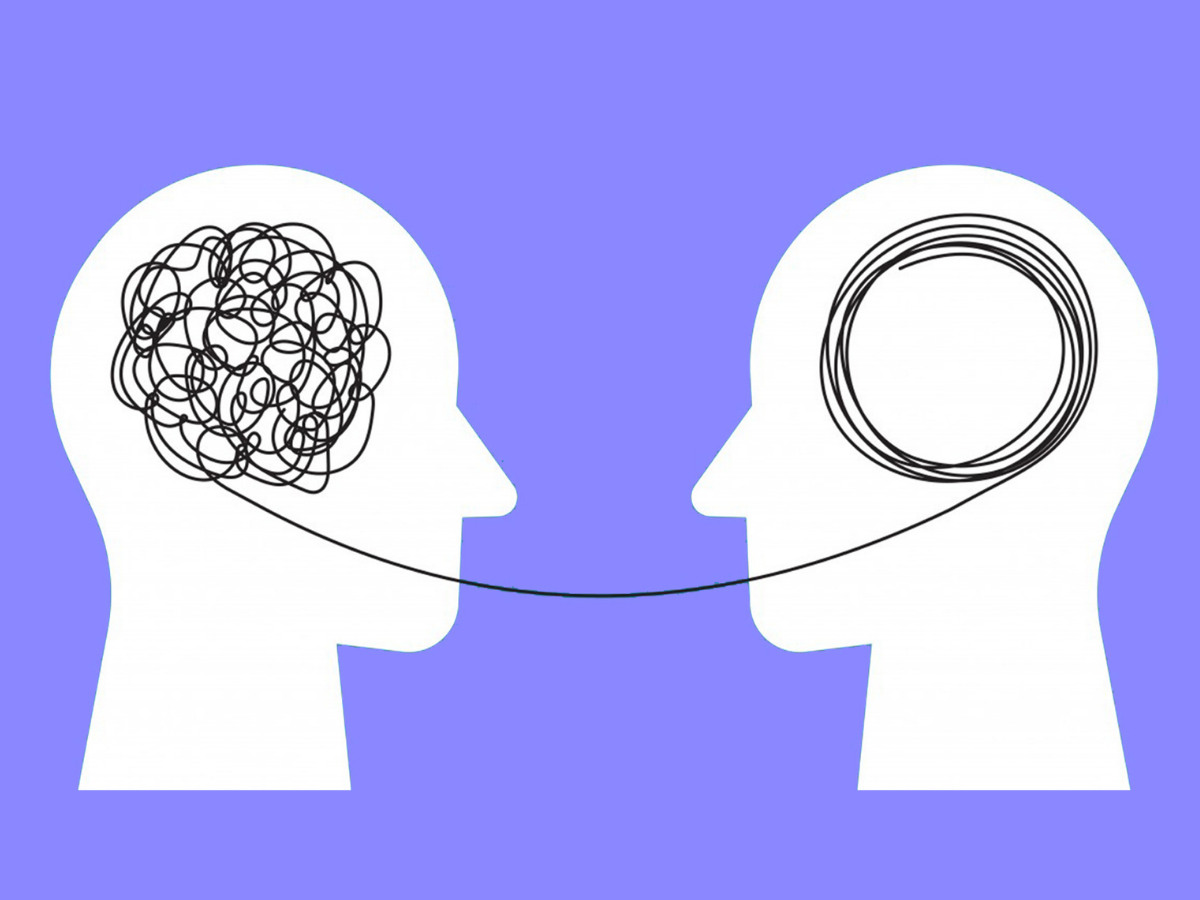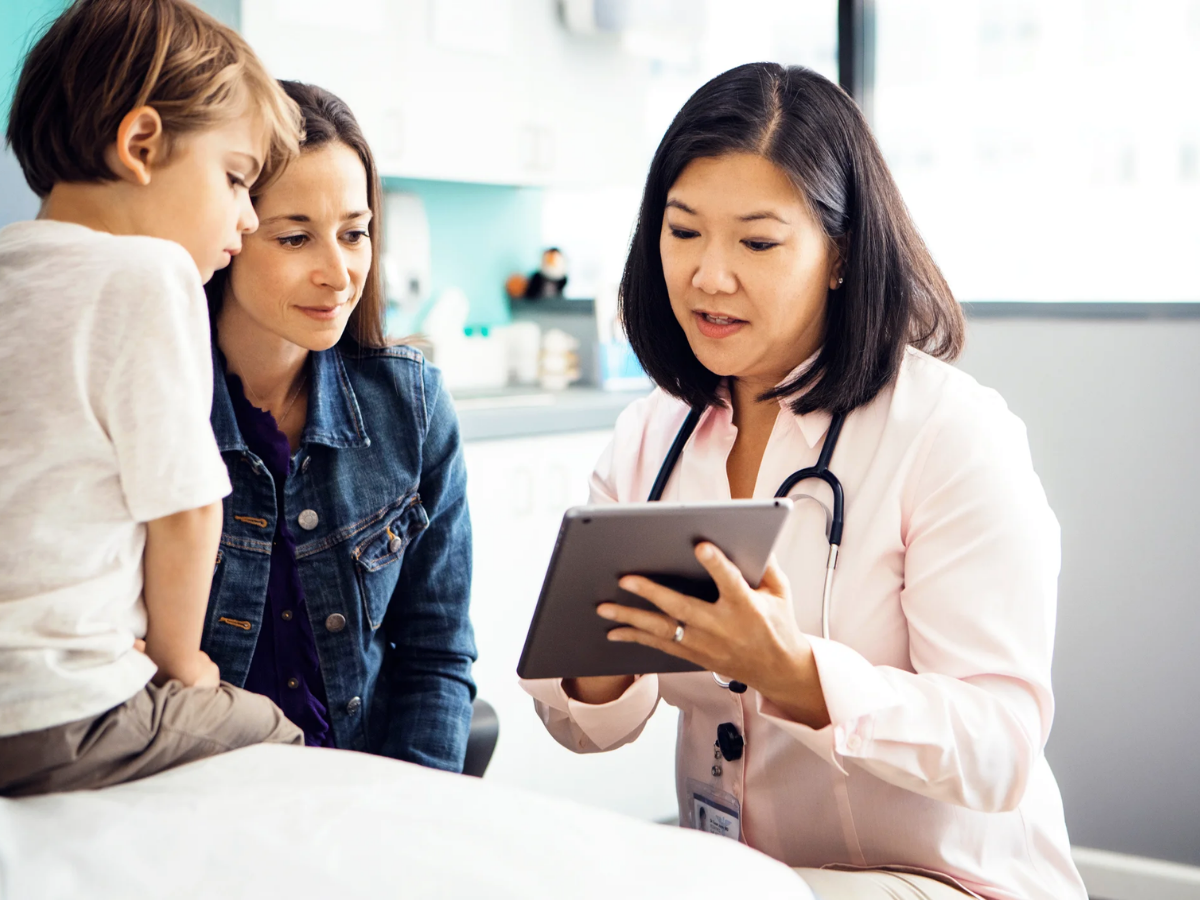In Europe, regulators such as NICE in the UK, IQWiG in Germany, AIFA in Italy, and HAS in France all use real-world data (RWD) to monitor post-marketing product use, safety and adverse events. In more recent times, regulators have begun using RWD more and more to support regulatory approvals and to ensure a product performs as promised in the real world.
Commissioners and clinicians are using RWD to support coverage decisions and to develop guidelines for the improved management of patients. Meanwhile, drug developers are using RWD to support clinical trial designs (e.g. single-arm trials; pragmatic clinical trials) and observational studies to generate innovative new treatment approaches and accelerate access to medicines to patients who need it most.
The European Medicines Agency is encouraging regulatory agencies to place increasing emphasis on the use of RWD in regulatory decision-making, including approval of new products in rare diseases (where the overall evidence base is limited in large clinical trials) and for the reimbursement of new therapies. These decisions can be based on real-world evidence of improved patient outcomes and the reduction of the overall cost to the health system e.g. patients spending less time in hospital as a result of improved management of their condition.
In 2021, the MRHA issued new guidance on the use of RWD to ‘support clinical trials and get medicines to patients sooner.’ The UK regulator has said that using data generated during routine healthcare to improve recruitment and aid regulatory decision-making could help bring life-changing new medicines more quickly to those who need them.
Why focus on real-world data?
The use of mobile devices, wearables and biosensors to gather and store huge amounts of health-related data is rapidly accelerating, in line with ever-advancing technological improvements. Technological medicine is offering manufacturers new and innovative opportunities to change the world of healthcare for the better; for example, new cancer treatments using nanotechnology to attack tumours at source and reduce the need for more toxic chemotherapy, or consumer wearables that allow patients with Sickle Cell Disease to monitor their bodies on a daily basis, detecting abnormalities early to prevent more serious events before they have time to progress.
These technologies and the data collected from them has the potential to allow us to better design and conduct studies to answer questions previously thought impossible and to improve patient outcomes, enhancing quality of life.
But, it is not just enough to have the technology; it is how we comprehend this data. With the development of sophisticated new analytical capabilities, such as predictive modelling and AI, we can apply the results to medical product development and, ultimately, accelerated product approvals.
What are the main sources of real-world data and how is it collected?
Real-world data refers to the data relating to patient health status or the delivery of health care routinely collected from a variety of sources. For example:
- Electronic health records (EHRs)
- Patient-generated data including in home-use settings
- Claims and billing activities
- Product and disease registries
- As well as data gathered from other sources, such as mobile devices
How has RWD influenced medicine approvals in recent years?
RWD has made significant strides in accelerating drug approvals in Europe in recent years. For example:
Eculizumab is a monoclonal antibody manufactured by the company Alexion. In 2015, Alexion extended indications by providing a prospective, observational study using data from a PNH registry.
Elosulfase alfa, marketed by the company BioMarin under the trade name Vimizin, was approved for conditional reimbursement in the UK, where collaboration was conducted with the MPS Society and NHS England to collect patient data in supporting the MPS IVA registry.
Today, health authorities are looking for manufacturers to take a share of the risk when approving new high-cost medicines. The most effective way to do this is through the use of RWD, innovative analytics and new technologies, such as wearables. It won’t be long before future product approvals that are conditional on RWD will not be the exception, but the rule.
Recommended for you

Antidepressant Prescribing at Six-Year High
More people are taking antidepressants than ever. Is this a dark sign of the times or an indication that mental health stigma is changing?

Can AI be Used to Determine Cancer Recurrence?
When cancer patients go into remission, they often worry about it coming back. AI can now help identify those at risk of cancer recurrence.

Pegasus – Still a Threat to the UK?
The notorious Pegasus spyware has been misused to exploit vulnerabilities in devices, even those kept within the walls of Number 10.
Trending

Drug Decriminalisation: Could the UK Follow Portugal?
Portugal’s drug decriminalisation has reduced drug deaths and made people feel safe seeking support. Would the UK ever follow suit?

Calling All Unvaccinated UK Adults
With Covid cases rising, the NHS is urging the 3 million UK adults who remain unvaccinated to come forward.





